Christianity and the US Constitution – Part 2
by Dan Severson
The goal of this class is to provide some insight regarding the influence of Christian perspectives on the U.S. Constitution.
The first governing document of the United States was the Articles of Confederation. These articles were far to restrictive in giving power to the federal government, and this resulted in chaos and conflict. In May 1778, a constitutional convention was called in Philadelphia to create a new constitution. The delegates were highly educated people, well versed in history, the law, and Christian doctrine. At this time, the vast number of US residents were Christian Protestants with a variety of theological perspectives. The religions represented at the Constitution Convention in included Lutheran, Anglican, Presbyterian, Congregationalist, and Methodist.
Regardless of which denomination the representatives came from, there are certain ideas concerning human nature that they all held in common. Two of these important ideas are as follows. First, every human being was created in the image of God and is therefore of equal value. Secondly, we were born into a “fallen humanity”, and we don’t know who God is or what God’s will is for our lives. This causes people to give their lives to idols – substitutes for God. The most common idols are wealth and power. The phenomenon of wealth and power seeking is true not only of individuals, but also of groups, political parties, and nations.
The issue of equality for all the states and for each citizen as well as the avoidance of any form of tyranny were issues that were discussed repeatedly. The American delegates considered the regimes in Europe to all be tyrannies because power was invested, not in the people, but in kings, lords, and other royal figures. The avoidance of anything that reflected idolatry was also extremely important.
In order to accomplish this with respect to the government as a whole, the delegates wanted to create a government where the power was disbursed into a set of checks and balances. The three branches of government were created to disburse and balance power, and to make sure the power is not abused. The federal government, in general, was to provide for the protection of individual rights, manage the common property, insure the property rights of all people, and provide for the common interests and welfare of the nation.


